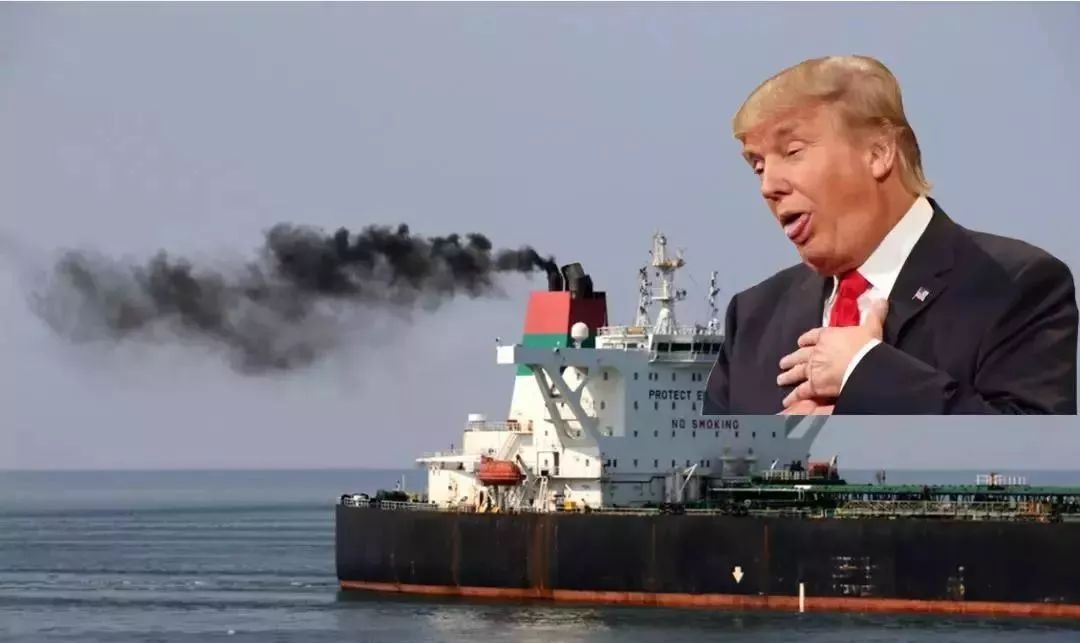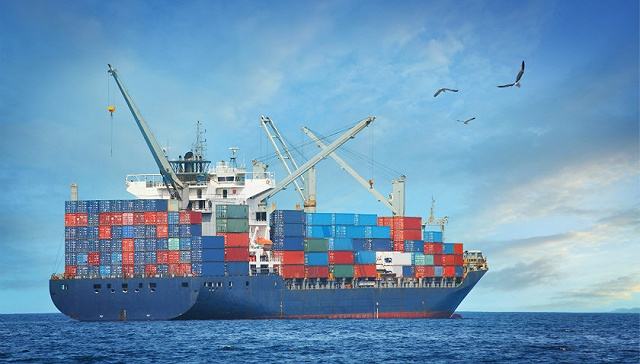
January 1, 2020 is the deadline for shipowners to comply with a series of new challenges arising from the IMO Marpol Annex VI amendment.
These challenges include compliance with low-sulfur fuel requirements, technological improvements, prospects for future regulations, and even interruption of shipping operations.
U.S. President Trump hopes that the global sulphur limitation order of 2020 issued by the International Maritime Organization (IMO) can be implemented step by step.To protect consumers from rising fuel prices for heating and trucking.
Edmund Hughes, Director of Air Pollution and Energy Efficiency Management, IMO, at the recent Asia-Pacific Petroleum Conference (APPEC)
Respond: "I can make it clear that there will be no delays in implementation."
To be sure, the IMO has sent a clear signal that the 2020 deadline is not negotiable.
Of course, the IMO has no obligation to ensure access to fuel that meets the requirements, but the IMO is confident that member countries will act to ensure that supplies are in place.And continued violations worldwide will be subject to fines.
Some industry groups have further called for a ban on high-sulfur fuel (HSFO) unless ships are equipped with scrubbers.
After January 2020, the availability and pricing of HSFO are still unknown at this stage. The International Organization for Standardization (ISO) has pointed out that the ISO 8217 fuel oil standard with a sulfur limit of 0.5% will not be updated before the deadline.
Some oil giants have warned that mixing HSFO with distillate fuels can turn into low sulfur fuel (LSFO), but it may cause fuel incompatibility and engine problems due to excessive catalyst powders.
Some shipowners are considering using low-sulfur oil, others are using LNG fuel or scrubbers, but the key to making decisions is to evaluate the available technical options and their economic benefits.
So far, about 100 new ships have been ordered to use LNG as power fuel, and another 100 have been put into operation.
According to industry estimates, 200 to 300 sets of scrubber systems are in use, mainly on ferries and cruise ships, which spend most of their time navigating within the Emission Control Zone (ECA), where sulfur emission restrictions are even stricter.
As a result, most of the 60,000-70,000 ships that will be restricted by sulfur orders will probably start using LSFO by January 1, 2020.
For shipowners with compliance ideas, the 2020 sulphur order is imperative.
In defining the future of green shipping and meeting the next environmental challenge, the industry's response will play a vital role, and it is a policy support opportunity for ship repair and refitting.

 Home
Home
 Customer contact:js001@86agency.com
Customer contact:js001@86agency.com


